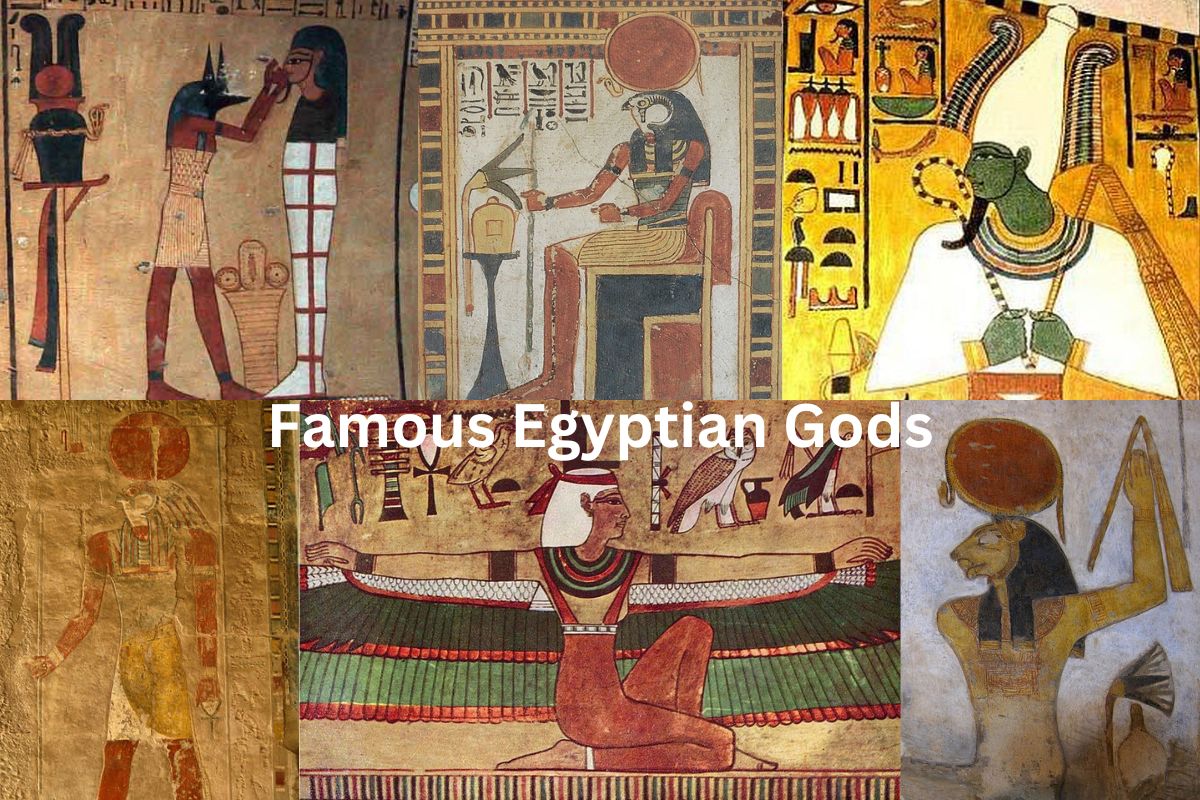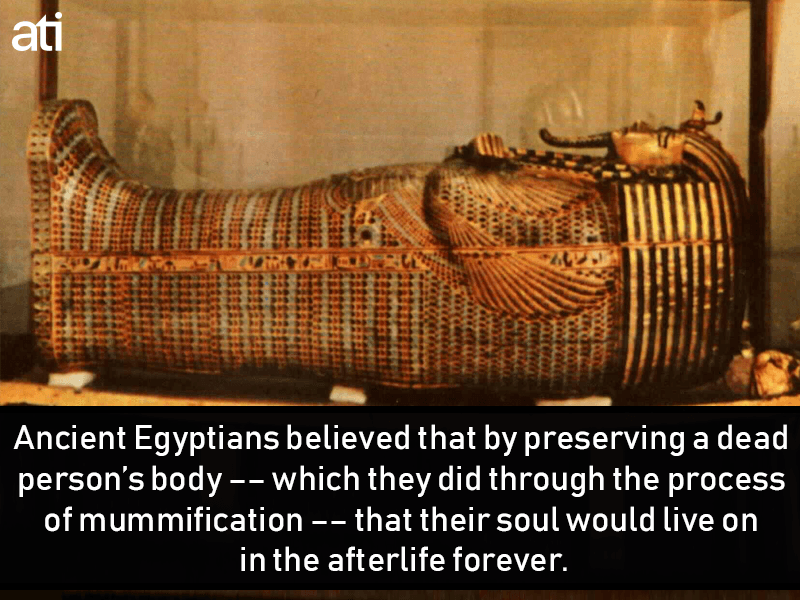Ancient Egyptian Religion: Beliefs, Gods & Afterlife | Discover Now!
by Cale Lang May 02 2025
Could a civilization's worldview be so intricately woven into its daily life that it shaped every facet of existence, from the rising sun to the journey beyond death? Ancient Egyptian religion, a complex tapestry of beliefs and practices, offers a resounding 'yes,' painting a vivid picture of a society where the divine permeated every aspect of human experience.
From the predynastic era (4th millennium BCE) until its gradual decline in the first centuries CE, ancient Egyptian religion wasn't merely a set of doctrines; it was the very framework upon which their world was built. With tombs dominating the archaeological record, it is especially known for its meticulous treatment of the dead. This care extended beyond the physical realm, shaping the spiritual landscape and influencing the Egyptians understanding of life, death, and the afterlife.
Religion in ancient Egypt was a fascinating and complex belief system that shaped every aspect of life in this ancient civilization. From worshiping a multitude of gods to intricate rituals and ceremonies, the religious practices of the ancient Egyptians were deeply ingrained in their culture and society.
- Renee Rapps Height How Tall Is The Mean Girls Star
- Anya Major From Apple Ad Icon To Elton Johns Nikita
The ancient Egyptians believed everyone possesses the ka, or life force, and the ba, the soul. Upon death, the ka leaves the body first, wandering aimlessly. The Egyptians believed that these deities governed every aspect of their existence, from the rising of the sun to the afterlife. The importance of gods in Egyptian culture and daily life cannot be overstated. Each god had specific roles, attributes, and areas of influence, which shaped the spiritual and social fabric of ancient Egyptian society.
The ancient Egyptian religion was full of beliefs and rituals that formed a large part of the lives of the ancient Egyptians. The most important of these beliefs are: The ancient Egyptians believed in life after death and believed that the soul moves to another world after death. Egyptians believed the most significant afterlife journey. The afterlife was a central focus of Egyptian beliefs. They believed that life continued after death, and preparation for this journey was of utmost importance. The egyptians believed the most significant aspect of their spiritual practices was ensuring a successful transition to the afterlife.
The Egyptians worshipped a pantheon of hundreds of deities, each believed to control different elements of the cosmos. These gods, with their distinct roles and attributes, were not distant figures; they were actively involved in the lives of the Egyptians, influencing everything from the harvest to the outcome of battles. Tourists still visit one of the world-famous pyramids of Giza in Egypt, where once housed the graves of mummified pharaohs and their families. The Opet festival at Karnak involved a procession carrying the gods image to visit other significant sites. At many sites, Egyptians worshipped specific animals that they believed to be manifestations of deities.
Here's a glimpse into the core of their faith:
| Aspect | Details |
|---|---|
| Key Beliefs | Life after death, the soul's journey, the importance of preparation for the afterlife, and the constant interplay between the mortal and divine realms. |
| Central Focus | The afterlife, viewed not as an end, but as a continuation of life, albeit in a transformed state. |
| Rituals and Practices | Intricate rituals, ceremonies, and offerings designed to appease the gods, ensure a favorable afterlife, and maintain cosmic order. |
| Deities | A vast pantheon of gods and goddesses, each with specific roles, attributes, and areas of influence, governing various aspects of life and the universe. Key deities included Anubis, Isis, Osiris, Re, and Bastet. |
| Afterlife Preparation | Mummification, tomb construction, provision of grave goods, and the performance of rituals were all designed to ensure the deceased's successful transition to the afterlife. |
| Important Symbols | The scarab beetle (symbol of regeneration and transformation), the ankh (symbol of life), and the pyramids (tombs serving as gateways to the afterlife). |
| Governance and Influence | Religion permeated every facet of ancient Egyptian life, including art, literature, philosophy, and governance, as it affected almost everything in ancient Egypt. |
For further information on this fascinating topic, consider exploring resources available at the Encyclopedia Britannica.
The concept of the afterlife was central to Egyptian beliefs, influencing every aspect of life from the mundane to the monumental. The Egyptians believed that life continued after death, and therefore, preparing for this journey was of the utmost importance. This belief drove the practice of mummification, the construction of elaborate tombs, and the provision of grave goods designed to sustain the deceased in the afterlife. It was believed that the ka, or life force, and the ba, or soul, would embark on a journey after death, requiring careful navigation to reach the afterlife successfully.
The Egyptians believed the most significant aspect of their spiritual practices was ensuring a successful transition to the afterlife. The Opet festival at Karnak involved a procession carrying the gods image to visit other significant sites. At many sites, Egyptians worshipped specific animals that they believed to be manifestations of deities. Examples include the Apis bull (of the god Ptah), and mummified cats and other animals. These were considered sacred and honored as embodiments of the divine.
Religion in ancient Egypt was so intertwined with the culture that it was part of everyday life, and many ancient Egyptians believed in many gods and goddesses. Religion and the gods had an effect on many aspects of ancient Egyptian life, and it was also important in terms of burial rites and afterlife preparations. The gods of ancient Egypt were believed to be interested and involved in the lives of people's daily lives. Bastet, associated with cats, was a female god concerned with the home, fertility, and women's secrets.
The gods of ancient Egypt were believed to be interested and involved in the lives of people's daily lives. The word netjer ("god") described a much wider range of beings than the deities of monotheistic religions, including what might be termed demons. As is almost necessary in polytheism, gods were neither all-powerful nor all-good. Funny scene from @haminations mario video, however, you may not be surprised to learn that the ancient egyptians had a very complex belief system about the afterlife.
Egyptians saw the earth as flat land (the god Geb), over which arched the sky (goddess Nut); they were separated by Shu, the god of air. In their book Gardners Art Through the Ages, Kleiner and Mamiya explain that the ka was believed to be created at the moment of birth by the ancient Egyptian deity Khnum and is hieroglyphically symbolized by upraised human arms (45) (see figure 1). The Egyptians believed the most significant thing you could do in your life was die and ensuring a successful transition to the afterlife.
Ancient Egyptians utilized various symbols to represent rebirth and the eternal cycle of life. Two of the most significant symbols are the scarab beetle and the ankh. The significance of the scarab beetle, particularly the species Scarabaeus sacer, was seen as a symbol of regeneration and transformation. The two most important divisions of the soul were the ka and the ba. The ka was the person's double; it stayed with the deceased in the tomb. Without the mummified human, the ba and ka could not survive.
This deep-seated belief in an afterlife wasn't just a spiritual exercise; it had tangible consequences. It dictated the construction of magnificent tombs, such as the pyramids of Giza, designed to house and protect the deceased. It fostered a sophisticated system of mummification, aimed at preserving the body for its journey into the next world. It also led to the creation of elaborate religious texts, such as the Book of the Dead, providing guidance and spells for navigating the challenges of the afterlife. The intricate rituals, ceremonies, and offerings were all designed to ensure a favorable passage for the soul.
One of the most fascinating elements about ancient Egyptian society is their religion. The egyptians worshiped a pantheon of hundreds of deities, and they believed that each one was crucial controlling different elements of the. Religion was extremely important in ancient egypt. It was so intertwined in the culture that it was part of everyday life, and many ancient egyptians believed in many gods and goddesses.
Maat was renewed by periodic events, such as the annual Nile flood, which echoed the original creation. Most important of these was the daily journey of the sun god Ra. The ancient Egyptian religion was full of beliefs and rituals that formed a large part of the lives of the ancient Egyptians. The gods who inhabited the bounded and ultimately perishable cosmos varied in nature and capacity. Religion was one of the most important and influential aspect of the ancient egyptians lives. Religious impact affected almost everything in ancient egypt from the most important to very minor thing. Ancient Egyptian literature, philosophy, art and also governance had religious sense.
In essence, ancient Egyptian religion offers a profound insight into a civilization where faith was not a separate sphere, but the very essence of existence. It reveals a society that, while fixated on death, was equally devoted to ensuring the continuation of life, both in this world and the next. The legacy of ancient Egyptian religion continues to fascinate, reminding us of the enduring human quest to understand the mysteries of life, death, and the eternal journey of the soul.



Detail Author:
- Name : Cale Lang
- Username : tressa61
- Email : brandon27@gmail.com
- Birthdate : 1996-12-30
- Address : 97567 Maryse Mission Apt. 526 Kassulkefurt, NH 09372-5765
- Phone : +1.662.479.9976
- Company : Leffler-Bernhard
- Job : Taper
- Bio : Perspiciatis adipisci quas aut minus molestiae architecto. Quasi officiis sint ut fugiat. Quis porro officiis sint blanditiis sunt.
Socials
facebook:
- url : https://facebook.com/naomie_real
- username : naomie_real
- bio : Unde illo aut iusto est accusantium consequatur.
- followers : 3740
- following : 1680
tiktok:
- url : https://tiktok.com/@naomie.osinski
- username : naomie.osinski
- bio : Beatae quis consequatur voluptatum aut eius ex.
- followers : 6846
- following : 1299
linkedin:
- url : https://linkedin.com/in/osinski1982
- username : osinski1982
- bio : Nemo et aut iste debitis.
- followers : 6484
- following : 2152
twitter:
- url : https://twitter.com/nosinski
- username : nosinski
- bio : Alias nobis quaerat velit et reiciendis porro. Accusantium culpa nihil enim commodi et rerum corrupti. Et dolor et aliquid velit odio.
- followers : 2438
- following : 2784
instagram:
- url : https://instagram.com/nosinski
- username : nosinski
- bio : Vero cum sit id occaecati earum aut. Deleniti nam voluptate autem expedita enim suscipit.
- followers : 5610
- following : 422